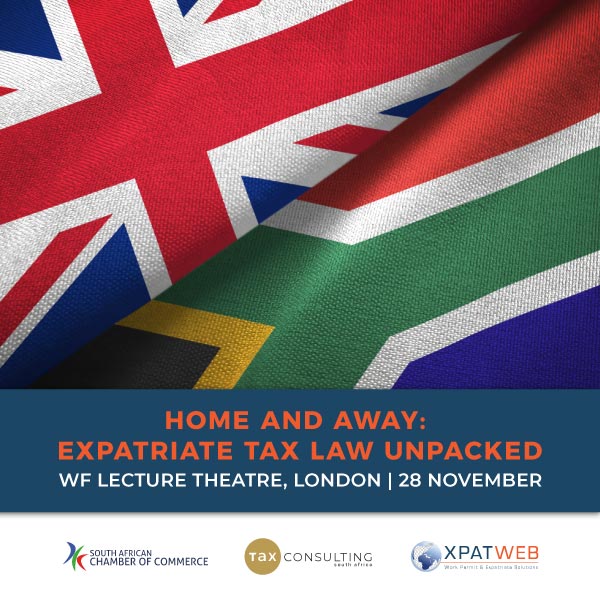NEWS | THE SILVER LINING ON SA’S ICT SKILLS BRAIN DRAIN
/in Archived, News /by xp-adminRecent reports indicate that the South African ‘brain drain’ has gained momentum as skilled professionals look to better opportunities abroad, often driven by concern about South Africa’s economy, crime and other factors. Some reports put South Africa’s brain drain among the highest in the world, with Xpatweb reporting a sharp increase in the number of in-demand skills leaving the country. In multinational technology and consulting organisations, top South African candidates are increasingly being poached, transferred or promoted abroad within these organisations. Senior people are leaving the country to advance their careers after being affected by retrenchments or forced into early retirement. Not only does this exodus create immediate skills gaps – it also hampers mentorship and development of less-experienced staff.
In many cases, these key, senior ICT resources depart with little notice or time for effective succession planning. In our own organisation, we have seen it taking as little as 6 weeks from a candidate getting an offer abroad, to the time they leave the country.
For the ICT sector, already grappling with a lack of advanced next generation technology skills, particularly in fields such as robotics, AI and data science, this brain drain is leaving a significant skills gap and causing significant concern among companies that urgently need these advanced skills to innovate, grow their organisations and remain globally competitive.
There is a massive skills shortage for true data scientists and big data consultants with experience in HIVE, Spark, Kafka, NiFi and Ranger, to name a few. Many local organisations are seeking to fill gaps by recruiting from countries such as Zimbabwe, Nigeria, Iran and Poland, which offer excellent training in data science and data engineering. These candidates are typically highly skilled, passionate, driven and demonstrate a hunger for a career in ICT – making them a compelling proposition for local employers. However, importing key skills is often hampered by work visa hurdles. It also does little for South Africa’s ambitions to become a knowledge society, and empower a new generation of ICT skills and support the local economy.
While the quest for key ICT skills is a challenge, the situation presents a number of opportunities for South Africa to find innovative new ways to improve skills development, succession planning and employment conditions – all of which will benefit employers and employees in the long term.
The new gaps being created in the market are generating opportunities for people coming up through the ranks to grow into those positions. Organisations should take the opportunity to identify key resources early on and put proper succession plans in place for key resources – not only to mitigate the risk of sudden skills gaps, but also to ensure sustainable growth in the workplace.
They need to significantly step up their skills development programmes, bearing in mind that many graduate programmes see candidates job-hopping for nominal increases, or simply for better working conditions, such as more flexible working hours. Employers should move to mitigate the risk of losing key resources by making an effort to understand what motivates their employees, and then moving to offer better working conditions, improved work-life balance, mentorship and more opportunities for personal and professional development. By doing so, organisations will not only improve their chances of retaining scarce skills, but will also improve working conditions for the entire company, with improved staff morale and bottom line as a result.
Source: Knowledge Integration Dynamics





 Jerry Botha
Jerry Botha









